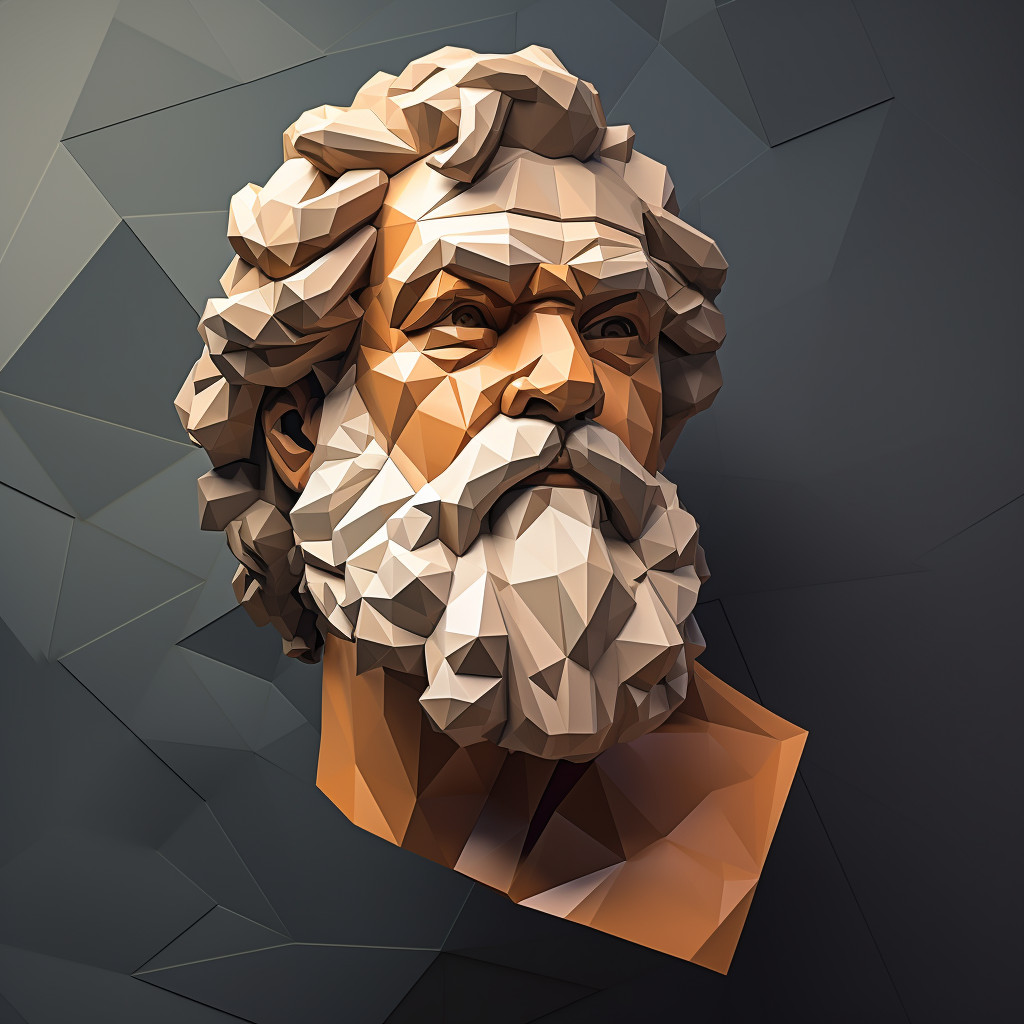This quote is a profound assertion of humility and wisdom. It suggests that the recognition of our own ignorance is the foundation of true knowledge. The paradox here is that by admitting that we know nothing, we open ourselves up to learning everything. This is because acknowledging our lack of knowledge makes us curious, receptive, and eager to learn, thereby setting us on the path to wisdom.
In the context of personal development, this idea is extremely relevant. Often, we limit our growth by assuming that we already know enough. We become complacent, and our learning comes to a standstill. However, when we adopt the mindset of knowing nothing, we become lifelong learners. We seek out new experiences, perspectives, and knowledge, which contributes to our personal and professional growth.
In today’s world, where information is abundant and constantly changing, this quote is particularly applicable. We are living in an era of rapid technological advancements and scientific discoveries. What we know today might become obsolete tomorrow. Hence, the willingness to unlearn and relearn is crucial.
Moreover, this quote also promotes humility. In a society that often equates knowledge with power, admitting that we know nothing can be seen as a sign of weakness. However, this quote challenges that notion and presents ignorance not as a weakness but as a strength. It encourages us to question, to doubt, and to seek, which are all hallmarks of a critical and creative mind.
In conclusion, this quote is a reminder that wisdom does not come from knowing everything but from recognizing our ignorance and constantly striving to learn and grow. It encourages humility, curiosity, and lifelong learning, all of which are essential in today’s ever-changing world.






